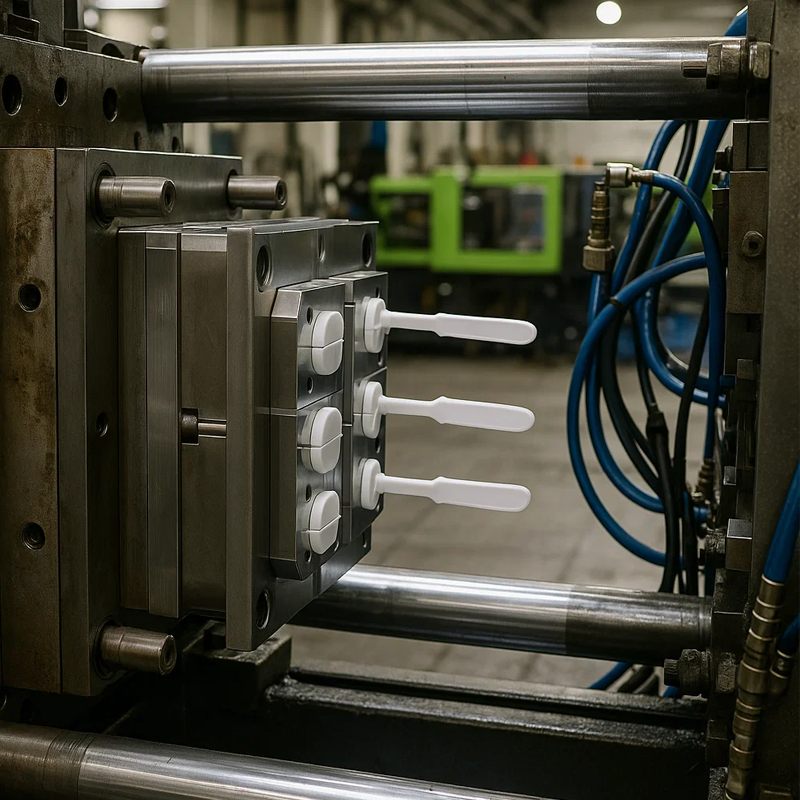Have you ever rushed straight into full-scale production only to find your molds need costly tweaks—and your timeline evaporates? At Toolingsun, we understand the temptation to skip prototype tooling and jump directly into manufacturing. After all, prototype tools represent 20–40% of total tooling costs, and cutting them can feel like instant savings. But in practice, going “all-in” on your production mold too soon often backfires: unexpected defects, repeated tool adjustments, and expensive delays. As a leading one-stop service provider and trusted supplier in the precision tooling industry, we’re here to show you how prototype tooling actually saves time, reduces risk, and optimizes your mold’s performance from day one.
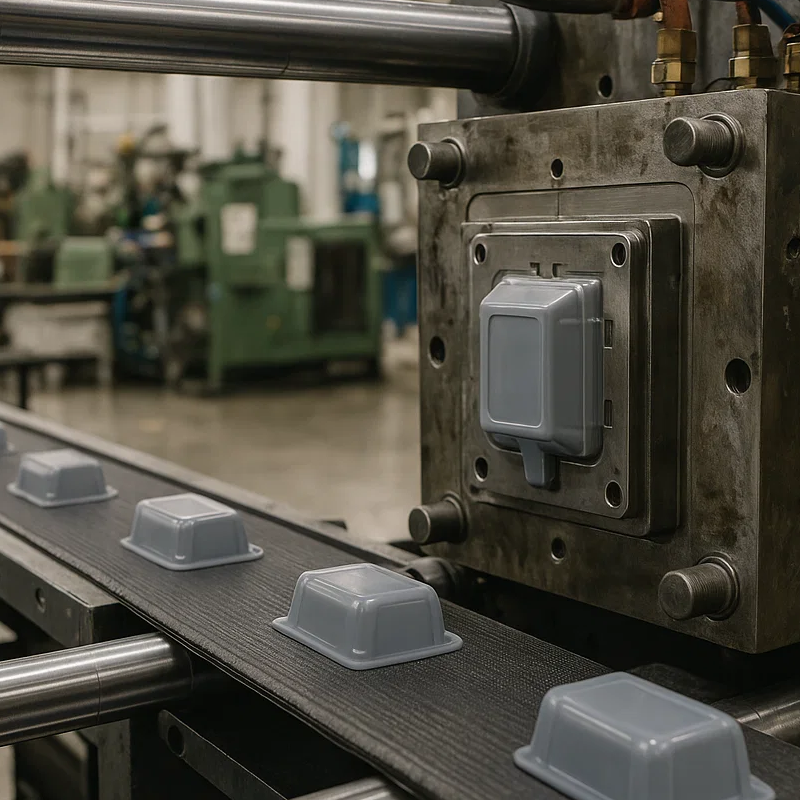
The Myth of Prototype Tooling as “Waste”
Many OEMs view prototype molds—typically single-cavity, softer-steel tools—as an unnecessary luxury. They think: “Why invest more when we can get to full production and make money faster?” But the reality is starkly different. Without a prototype phase:
- Multiple Production Tool Iterations
Each required adjustment to a hardened production mold can cost tens of thousands of dollars and add weeks or months to your schedule. - Increased Scrap and Defects
Without early testing, issues like flow marks, short shots, and sink areas become visible only after expensive mold completion and initial runs. - Legal and Warranty Exposure
A defective product on the market can lead to recalls, legal action, and damage to your brand reputation.
At Toolingsun, we’ve helped countless customers avoid these pitfalls through our integrated manufacturing and prototype mold capabilities. By catching and correcting issues early, you protect your timeline, your budget, and your brand integrity.
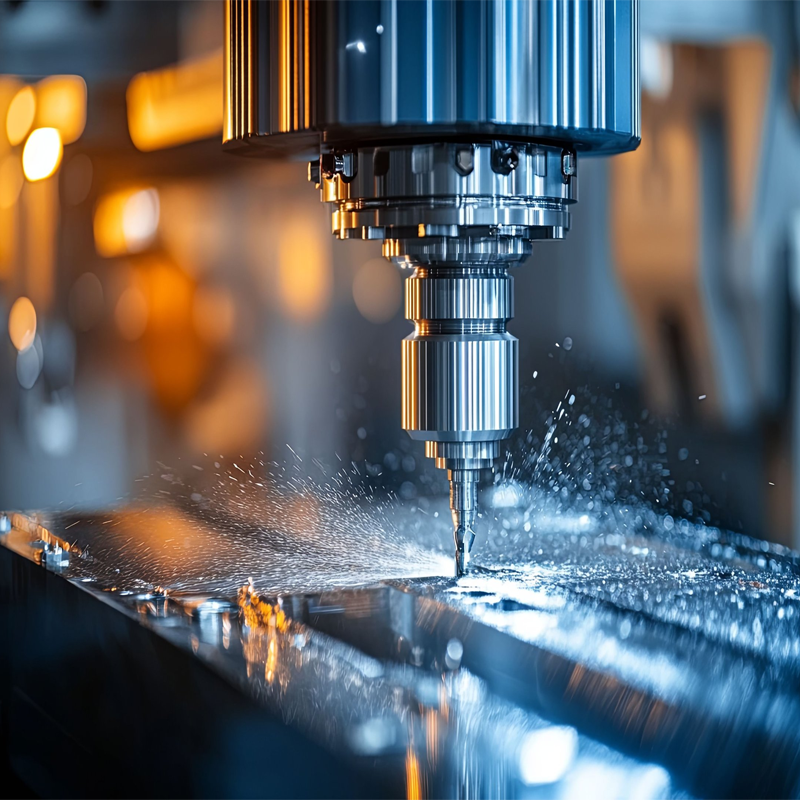
Five Pillars of Prototype Tooling
Let’s explore the five core ways prototype tools deliver value, and how Toolingsun executes each with precision:
1. Material Performance Testing
Why It Matters: Selecting the right polymer is critical. Different resins exhibit distinct flow characteristics, melting points, and mechanical properties.
Our Approach:
We build prototype molds to accommodate small-batch runs of multiple candidate materials—ABS, polycarbonate, nylon, or specialized engineering plastics. Each material is injection molded under actual processing conditions. Our in-house lab then evaluates:
- Tensile strength, impact resistance, and elongation
- Dimensional stability and shrinkage rates
- Surface finish quality (no flow lines or weld marks)
By physically testing these materials in near-production conditions, you make an informed selection that won’t require last-minute changes in your production mold.
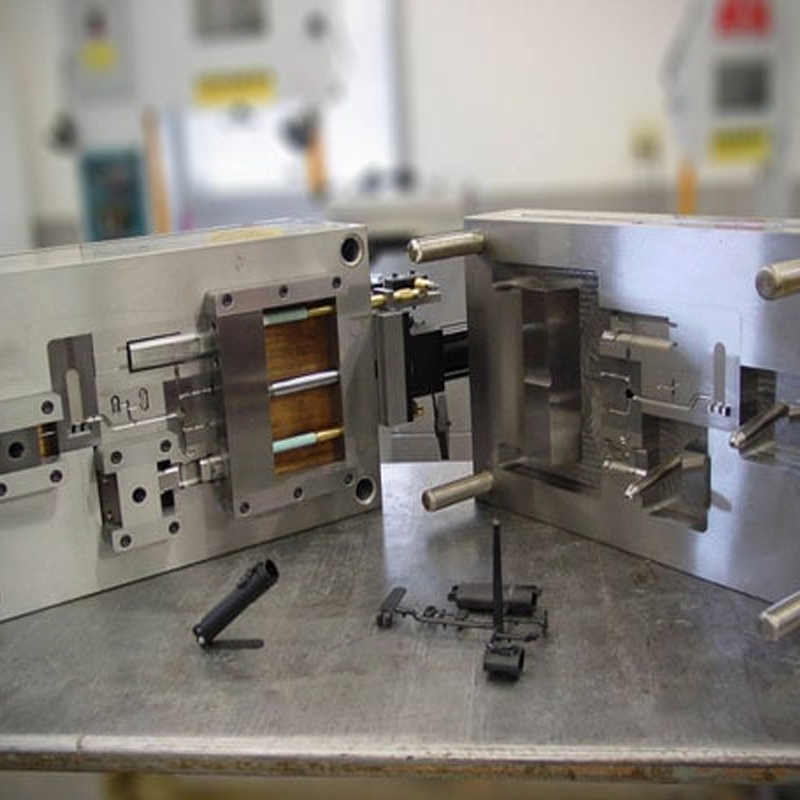
2. Verifying Part Geometry and Fill Behavior
Why It Matters: Even slight wall-thickness variations or rib placements can lead to voids, sink marks, or incomplete fills.
Our Approach:
Using single-cavity prototype tools, we run a series of trials to:
- Observe melt-front progression using translucent resin or process sensors
- Identify hotspots that cause overpacking
- Detect short shots and surface imperfections
Should any issue arise, our toolmakers—experts in Design for Manufacturability (DfM)—can modify the prototype mold quickly. We cut, weld, or adjust gate locations in hours rather than weeks, ensuring your final geometry is validated before production tooling begins.
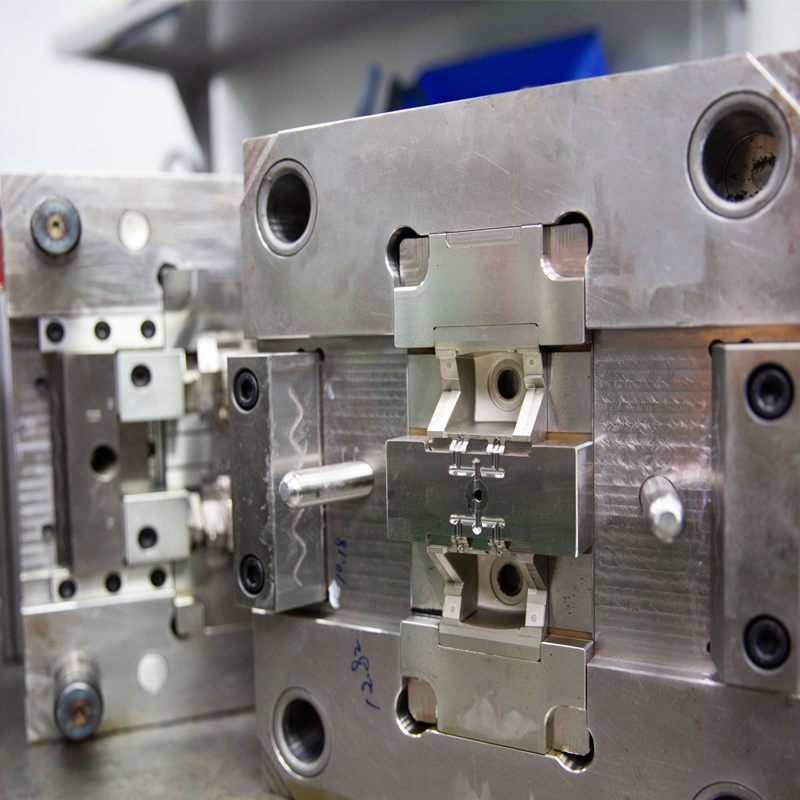
3. Optimizing Gate Locations
Why It Matters: Gating determines how molten plastic enters the cavity, directly affecting cosmetic quality, mechanical properties, and cycle times.
Our Approach:
In collaboration with your engineering team, we use:
- CAE flow simulations to propose ideal gate positions
- Prototype runs to confirm simulation data
- On-the-fly gate adjustments in the mold, using modular inserts
This iterative process pinpoints the optimal gate design—single, multi-point, or submarine gating—without endangering your production mold’s integrity. When you transition to full-scale tooling, you already know exactly where and how to gate for perfect fills.
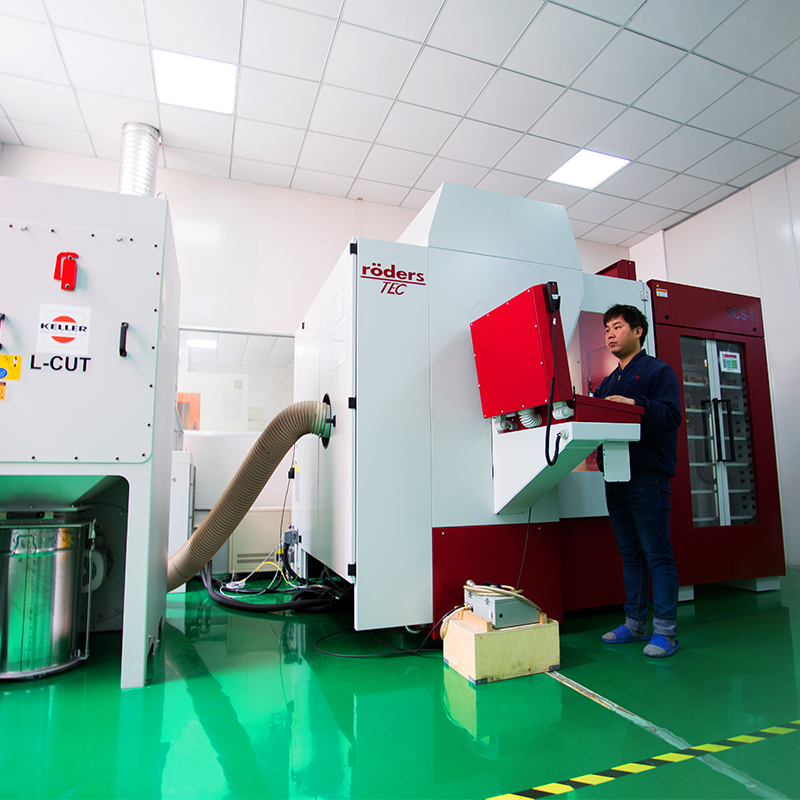
4. Testing Complex Features with Hand-Loaded Inserts
Why It Matters: Lifters, slides, and other moving mold elements are costly to engineer and integrate into production tools.
Our Approach:
For undercuts and side-actions, we leverage:
- Modular prototype inserts that replicate the geometry without full slide installations
- Hand-loading techniques that let us test clearance, ejection angles, and part release
- Functional checks to verify any draft angle or wall thickness adjustments
By validating these features on a simplified prototype, we catch potential collisions or draft issues early—preserving precious production tool life.
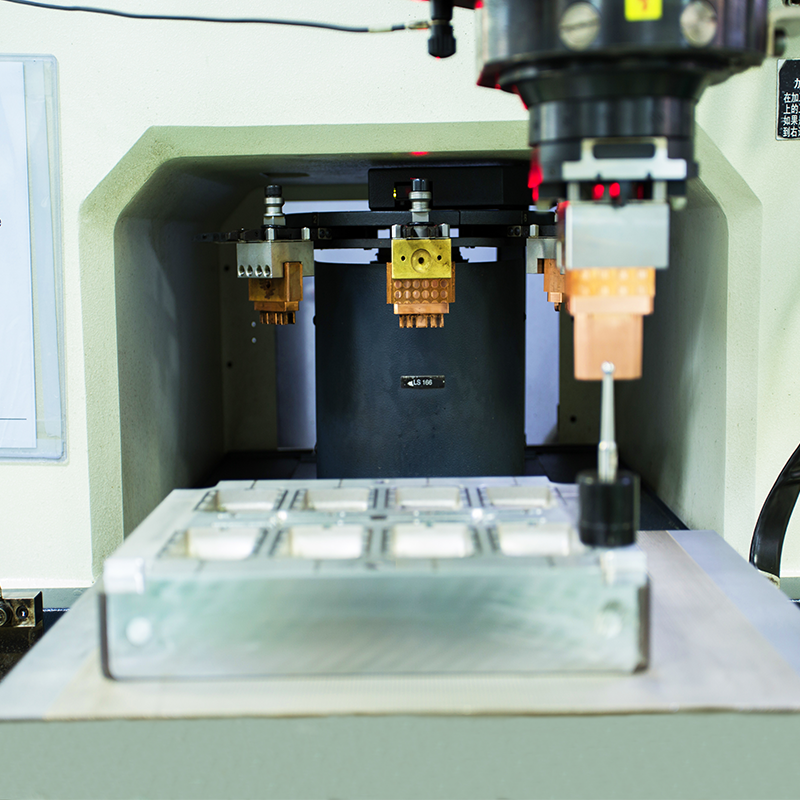
5. Accelerating Time to Market
Why It Matters: Every week spent debugging a production mold is revenue lost.
Our Approach:
Our in-house capabilities—tool design, CNC machining, mold-making, and molding—allow us to deliver and iterate prototype tools in 2–4 weeks. Compare that with 8–12 weeks (or more) for production tooling revisions. Insights gained from the prototype phase lead to:
- A final production mold that requires minimal adjustments
- Shortened validation runs and faster regulatory approvals
- Optimized cycle times and consistent part quality from day one
Our holistic one-stop service ensures that your project moves smoothly from prototype through mass manufacturing without handoffs or miscommunication.
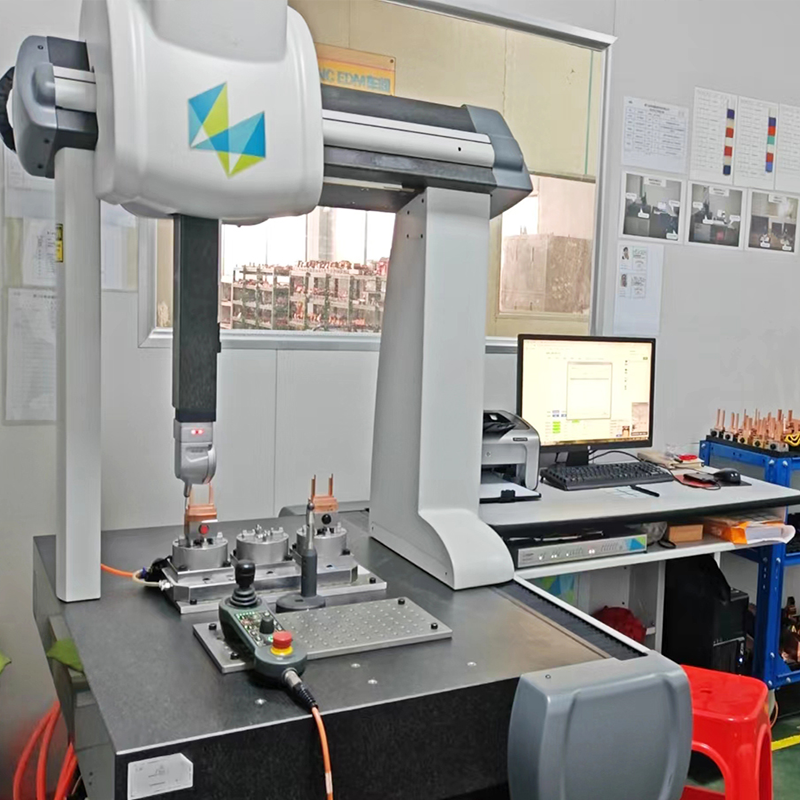
Why Rapid Prototyping Alone Falls Short
Additive manufacturing and SLA/3D-printed prototypes certainly have their place for early design reviews. However:
- Material properties of printed resins rarely match injection-molded plastics.
- Flow, cooling, and gate information cannot be captured through 3D prints.
- Mechanical behavior (tensile strength, fatigue life) differs drastically from molded parts.
Only true prototype tooling—using the same mold materials and processes as production—can deliver the actionable data you need: real gate locations, optimized fill profiles, accurate cooling times, and precise cycle metrics.
Working with Toolingsun: Your Prototype & Production Partner
At Toolingsun, we stand out as a comprehensive supplier and manufacturing partner:
- In-House Prototype & Production Tooling: No outsourcing delays—everything under one roof.
- Lean, Agile Processes: Rapid iterations and collaborative DfM reviews.
- High-Quality Standards: ISO 9001-certified quality management guarantees consistency.
- Flexible MOQs: From small pilot batches to large-volume production runs.
Our deep expertise in both prototype and production molds means we can guide you through material selection, part design validation, and full-scale manufacturing—all within our integrated facility.
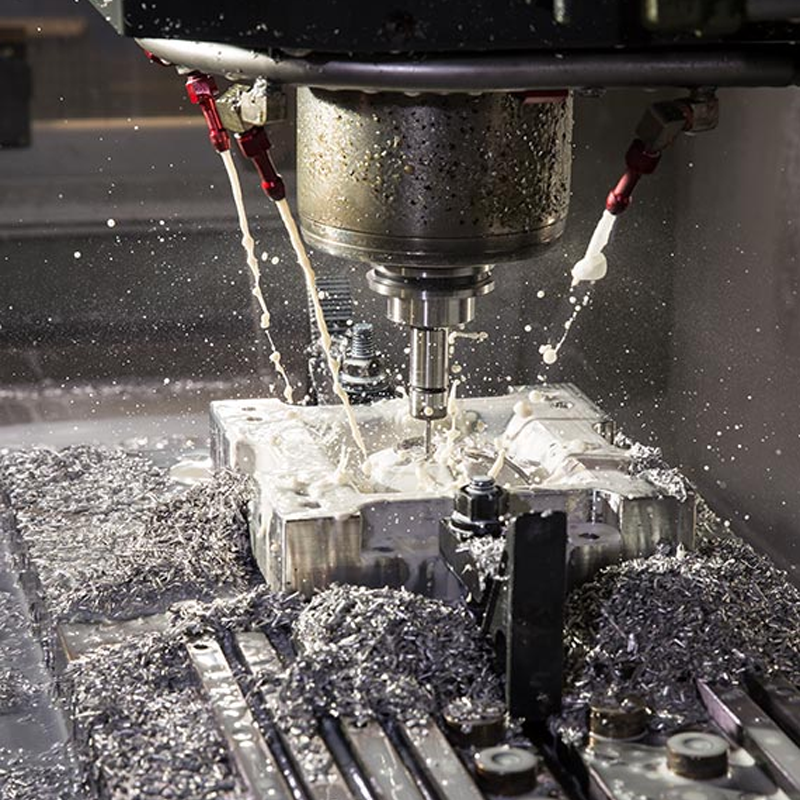
Conclusion:
Skipping prototype tooling may seem like an immediate cost saver, but the hidden risks—downtime, scrap, brand damage, and legal exposure—far outweigh the initial expense. By partnering with Toolingsun, you unlock:
- Data-driven material and design decisions
- Flawless gating and part geometry from the outset
- Significantly reduced production mold revisions
- Shortened time to market and lower total project costs
Ready to streamline your injection molding process? Contact our team today to learn how our one-stop service can transform your project, from prototype to full-scale manufacturing. Let Toolingsun be the trusted supplier that brings precision, efficiency, and peace of mind to your next tooling endeavor.

